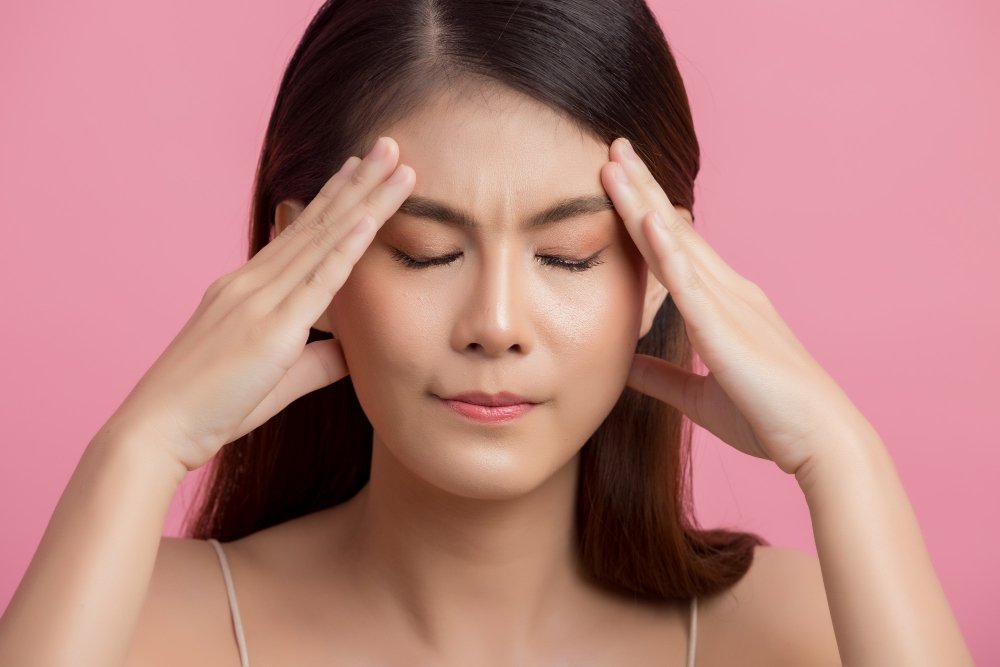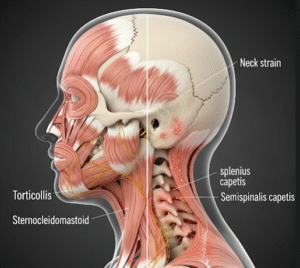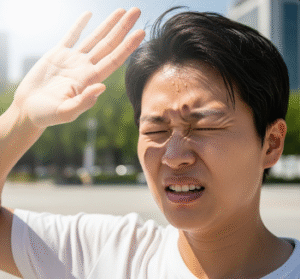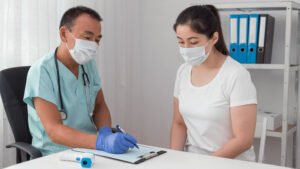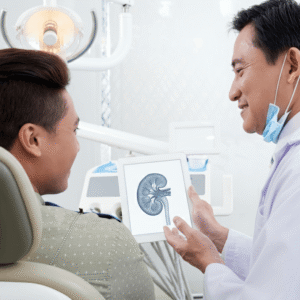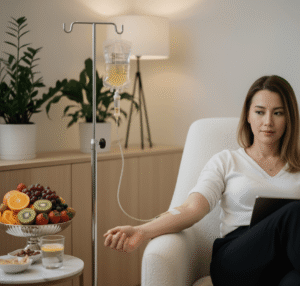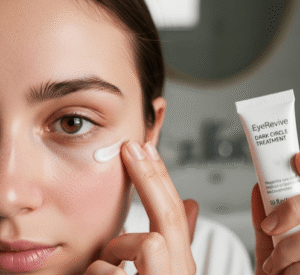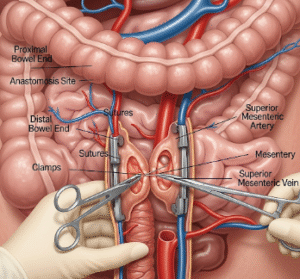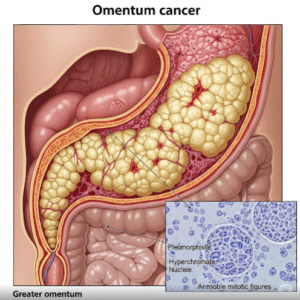Overview
Facial nerve disorders involve dysfunction or damage to the facial nerve (cranial nerve VII), which controls the muscles of facial expression, tear and saliva production, and taste sensation in the front two-thirds of the tongue. In Korea, these conditions are treated with advanced neurology, otolaryngology, and plastic surgery care, with a focus on restoring both function and appearance. Early diagnosis and intervention are crucial for optimal recovery.
What is a Facial Nerve Disorder?
A facial nerve disorder is a condition where the facial nerve is impaired, resulting in weakness, paralysis, or abnormal movement of facial muscles. Disorders can be temporary or permanent and may affect one side (unilateral) or both sides (bilateral) of the face. Common types include:
- Bell’s palsy – sudden onset facial paralysis of unknown cause
- Ramsay Hunt syndrome – herpes zoster infection affecting the facial nerve
- Traumatic facial nerve injury – caused by accidents or surgery
- Tumors – compressing or infiltrating the nerve
Symptoms
- Weakness or paralysis on one side of the face
- Drooping of the mouth or eyelid
- Inability to close the eye completely
- Loss of taste in the front part of the tongue
- Increased sensitivity to sound (hyperacusis)
- Facial twitching or spasms
- Pain or discomfort around the ear
Causes
- Viral infections (herpes simplex or herpes zoster)
- Head or facial trauma
- Tumors affecting the facial nerve (e.g., acoustic neuroma)
- Stroke or neurological disorders
- Complications from ear or parotid gland surgery
- Autoimmune conditions
Risk Factors
- Upper respiratory infections or recent viral illness
- Diabetes or high blood pressure
- Age over 40 (increases risk for Bell’s palsy)
- Pregnancy (especially third trimester)
- Family history of facial nerve disorders
Complications
Without proper treatment, facial nerve disorders can lead to:
- Permanent facial weakness or asymmetry
- Eye damage due to inability to close the eyelid
- Synkinesis (involuntary movement of facial muscles)
- Psychological impact due to cosmetic changes
- Difficulty speaking, eating, or expressing emotions
Prevention
- Prompt treatment of ear infections or viral illnesses
- Protecting the face and head from trauma
- Early medical consultation at the first sign of weakness
- Maintaining good control of chronic conditions like diabetes
Treatment Options in Korea
Diagnosis
- Neurological examination to assess nerve function
- Electromyography (EMG) to evaluate muscle activity
- MRI or CT scans to detect structural causes
- Blood tests for infections or autoimmune conditions
Medical Treatments
- Corticosteroids to reduce inflammation (common in Bell’s palsy)
- Antiviral medications for viral infections like Ramsay Hunt syndrome
- Pain relief with analgesics or nerve pain medications
- Eye protection using lubricating drops or eye patches
Surgical or Advanced Therapies
- Facial nerve decompression surgery for severe cases or nerve compression
- Nerve grafts or transfers to restore function in chronic paralysis
- Botulinum toxin injections for synkinesis or muscle spasms
- Reconstructive surgery for long-term cosmetic and functional improvement
Rehabilitation and Support
- Physical therapy and facial exercises to improve muscle strength and coordination
- Occupational therapy for daily living adjustments
- Speech therapy if speech or swallowing is affected
- Psychological counseling to manage self-esteem and emotional impact

